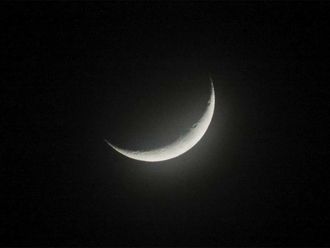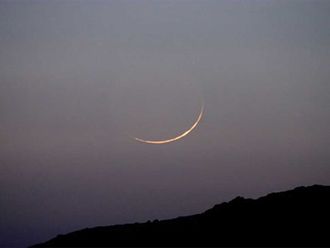
In March, two months after the success of the revolutions in Tunisia and Egypt, the term ‘Arab Spring' became the word used in the media.
Tunisians were bewildered as their movement both started and culminated in deep winter.
The Oxford English Dictionary has a long historical etymology for the use of Spring. It lists the ‘Polish Spring' of both 1956 and 1982, the ‘Seoul Spring' of 1979 in Korea, and the ‘Prague Spring' of 1968.
On January 6, 2011, eight days before Zine Al Abidine Bin Ali fled Tunisia, Marc Lynch from Foreign Policy wrote an article on ‘Obama's Arab Spring'. The British daily The Times on February 19, 2011, one month after the success of the revolution in Tunisia and as Egypt was going through its own revolution, wrote that "the Arab Spring, the great awakening, 2011's equivalent of the fall of communism in 1989, is spreading across North Africa and the Middle East like water pouring from a broken dam."
However, many Arab intellectuals are not comfortable with the expression "Arab Spring." On August 17, Rami G. Khouri, a Lebanese columnist writing in the Daily Star said that he found the term "totally inappropriate." "The term is not used at all by those brave men and women who have been on the streets demonstrating and dying. Every time I run into a Tunisian, Egyptian, Libyan, Syrian or Yemeni, I ask them how they refer to their own political actions and they say ‘Revolution'."












